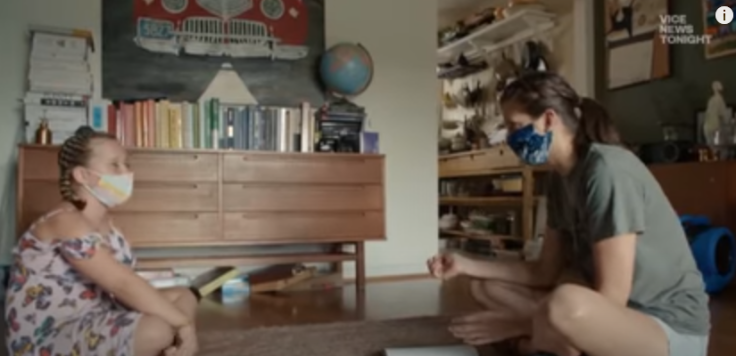
As COVID-19 cases rise, an increasing number of parents pull out their children from public schools. Distance learning or online classes do not work for such families. Parents then began to explore alternative methods of educating their kids.
When both parents are working and children are less inclined to digital learning, pandemic pods may be the solution. But, not all families can afford this solution. So much so that this option is criticized for being an option only for the elite.
Micro-schooling or Learning Pods during Pandemic
"It is not exactly the classroom, but also not exactly being alone," explained Augie Napolie, President and CEO of the United Way of Greater Cleveland. The organization supports academic learning pods.
Even before the COVID-19 pandemic, other families have chosen alternative routes for their children's education. These include homeschooling and in recent years, learning pods and micro-schooling.
Homeschooling encompasses a wide range of teaching styles. In essence, learning pods and micro-schooling are oft compared to homeschooling. For one, learning pods can be conducted at home. Micro-schools do not require licensed teachers. It remains their accountability to stay up-to-code with state requirements.
In a micro-school or learning pod, the number of students is kept at the barest minimum. The more students and teachers in a pod; the higher the risks for COVID-19 infections.
Most learning pods leverage on a non-working parent or hire a private tutor. The instructor plus the cost of material result in greater expenses for the parents. Some private schools are forced to offer learning pods despite dwindling income.
Are Pandemic Pods Widening the Education Gap?
Parents who chose such a route received backlash over an unfair option for the privileged. It is anticipated that children who participated in learning pods will be academically ahead of their peers. This is believed to exacerbate opportunity gaps, inequalities, and racial segregation, WeForum reported.
NYU Assoc. Prof. of Sociology of Education, Dr. R. L'Heureux Lewis-McCoy encourages such parents to think about the equity implications. He said, "American segregation is full of those who say, 'I just want what is best for my child,' because sometimes, choices to engage can lock someone else up. But, the pandemic only exacerbates disparities that have been around for years, VICE News reported.
But for Lakisha Young, Director of Oakland Reach, it is important to respect such parents. "They created solutions based on their perspectives. We can also create our own solutions that serve our own communities."
While not providing grants for learning pods, Oakland Reach helps provide homeschooling and childcare resources amid the pandemic.
Grants Give Rise to Equity-Focused Pandemic Pods
There is a movement to extend pandemic pods beyond affluent families. The National Parents Union now offers grants of up to $25,000 for alternative education, including learning pods.
Low-income, under-resourced families, and communities of color may apply for the grants, the Center on Reinventing Public Education reported. Grantees include single parents, refugee families, foster children, and Black families.
The United Way of Greater Cleveland and The Cleveland Foundation also offers learning pod programs. They recognized that many families lack access to broadband internet. Further, many are also reliant on schools for at least one meal a day.
As such, they offer over learning programs to over 700 CMSD K-8 students at least four days a week. Recently, a sum of $500,000 of CARES Act money helped the learning pods continue operation.